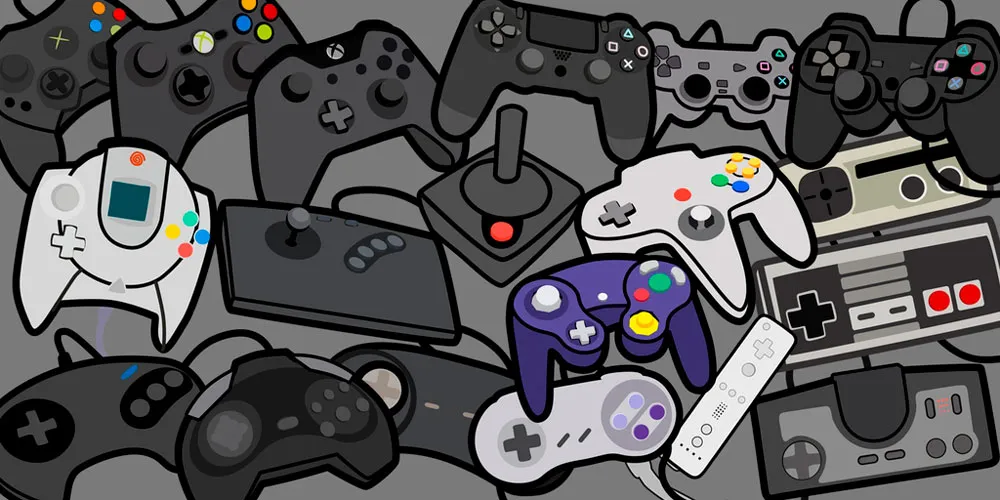Video games can help as a preventive element of diseases and in the development of learning, according to specialists.
The bad reputation of videogames as a means of vicious entertainment has changed to be a therapeutic element of prevention and rehabilitation of chronic-degenerative diseases, specialists said Leticia Neira Tovar and Jorge Martín Gutiérrez, who stressed that they are also useful in teaching processes-learning and as a diffuser of culture.
On the day "Videogames, Research and Production", carried out in the Cuajimalpa Unit of the Metropolitan Autonomous University (UAM), Neira Tovar said that serious video games can contribute to prevent symptoms of type 2 diabetes mellitus type 2 in the joints, as well as sufferingscaused by an accident or old age.
They are also a tool in some medical treatments, since they can be used in any physical space to exercise and help react to a situation of fear and anxiety, which shows that they are profitable in rehabilitation work.
The academic of the Autonomous University of Nuevo León, whose research focuses on virtual reality methods applied to health problems and development of video games, said that they increase the efficiency of the treatment and discipline of the patient, coupled with physical and emotional benefits inhealth
In addition to providing the patient with fun and a stimulus to see that their movements are reflected using augmented reality gloves or sensors that help simulate an immersion, which makes therapy an entertaining routine that is done with pleasure.
In this way, the playful effect is incorporated into health as an option to achieve adequate rehabilitation or as a prevention mechanism in order to access a better quality of life, he said.
Neira Tovar mentioned that the incorporation of video games into the health sector dates back to just over a decade in the nations developed and in Mexico they were added with the arrival of US and Japanese companies, with multidisciplinary investigations of engineers in systems, information and computing,Doctors, therapists, designers and psychologists.
The academic of the University of La Laguna, Canary Islands, Spain, Martín Gutiérrez, stressed that although there are studies that indicate the negative effects of playing with these devices, because they can desensitize or create alienation and addiction, their positive consequences are greater becauseThey transform to support education, the fields of health, art and culture.
On the day, convened by the Master in Design, Information and Communication (Madic), he pointed out that the process of assimilation of knowledge is greater through the game, because a relaxed brain, without tension scenarios, learns more.
He added that there is a scientific evidence that interacting with video games improves attention and increases the size and performance of brain parts responsible for video -spatial skills, specifically the right hippocampus, in addition to avoiding cerebral aging.
The academic explained that studies of scientists from the University of California, in San Francisco, published in Nature magazine, showed that the use of 3D systems designed for the study, improved cognitive performance in older adults and invested some adverse effects associated with theaging.
However, he said, the effect of these devices on the brain is a recent research field that needs to continue exploring, as it is a potential element to improve cognitive capacity and prevent disorders.


